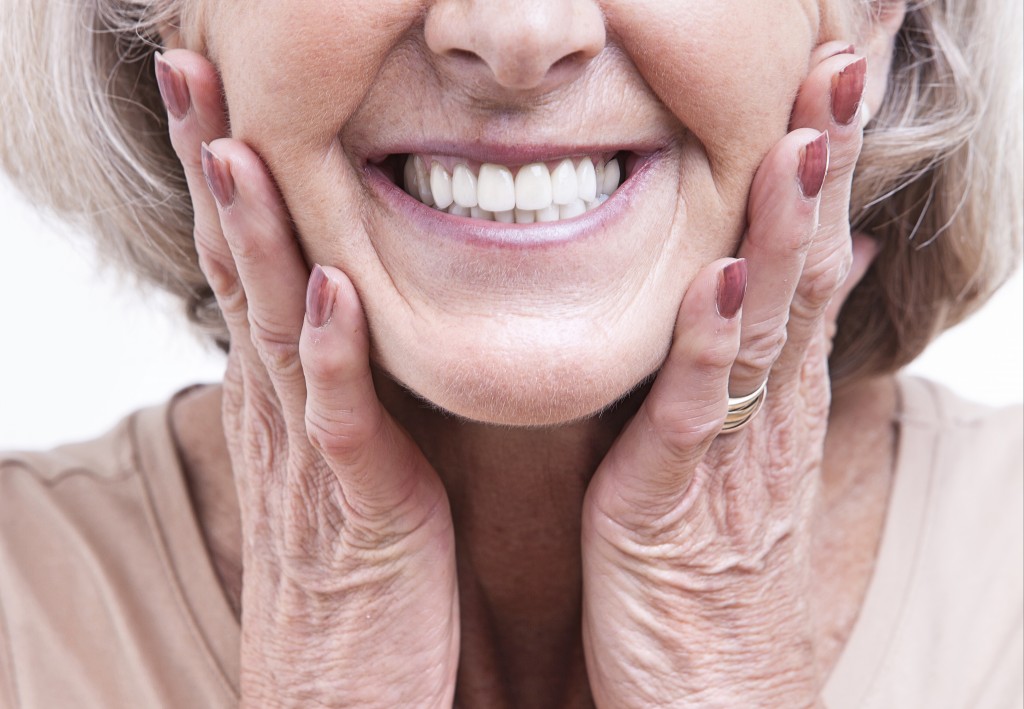Some things that were ingrained in people’s daily lives when they were younger fall by the wayside as they age. These range from simpler things like their hobbies to more serious matters that impact their health, like proper nutrition and physical care. One of the things elderly people tend to take for granted as they age is their oral health. They forget to brush and floss regularly and some completely forgo visits to the dentist. This is especially true if they’re living alone instead of having the necessary supervision in a nursing home in Ogden.
According to the Centers for Disease Control and Prevention (CDC), only 65 percent of adults aged 65 and over visited the dentist at least once in 2017. With this number, it’s no surprise that 23 percent of people aged 65 to 74 suffer from severe gum disease.
This rate of oral health neglect is worrisome because it affects overall health. Oral health is just as important as other aspects of well-being, but is often not treated as such. If oral health in seniors is not given enough attention, it may lead to them suffering from the following health problems:
1. Heart Disease
Elderly people with gum disease or periodontitis may have an increased risk of developing heart disease. When an elderly person has periodontitis, there’s a higher risk of bacterial infection entering the bloodstream and reaching the heart. Bacteria can attach to damaged areas of the heart and cause inflammation, possibly resulting in several cardiovascular conditions.
2. Diabetes
Poor oral health can stem from eating sweets, which can lead to diabetes. But, this can go deeper than that. Periodontitis can hinder the effectiveness of insulin, a hormone that is used to treat diabetes. In addition, serious gum disease may also affect the body’s blood glucose control, which may worsen diabetes.
3. Pneumonia
Elderly people already have a higher risk of contracting pneumonia because of weaker respiratory health. However, poor oral hygiene can further increase this risk. When bacteria accumulate in the mouth, there is a risk that these germs will be inhaled or aspirated, after which they may reach the lungs and result in pneumonia.
4. Uneven Jawbone

Good geriatric oral health includes replacing lost or damaged teeth with dentures. If an elderly person loses their teeth and doesn’t get them replaced the remaining teeth have the tendency to shift along the open spaces in the gums. This may cause an uneven jawbone, which in turn results in a bad bite and unflattering changes in facial structure.
5. Decreased Quality of Life
The mouth plays a huge part in a person’s everyday life. With poor oral health, a person may have a hard time eating or talking, which leads to poor dietary intake and self-consciousness. Good nutrition is especially important for seniors to stay physically healthy. Oral health problems may also lead to general discomfort, hindering the ability to relax and sleep. All of these lead to poor quality of life, which can make seniors feel unhappy and lonely.
Given its importance, caregivers should be consistent with helping the elderly in their care maintain overall oral health, from daily dental hygiene to regular visits to the dentist. Developing a dental hygiene routine for the elderly to follow, as well as routinely taking them for oral checkups, helps them maintain their oral health and enjoy a better quality of life.




